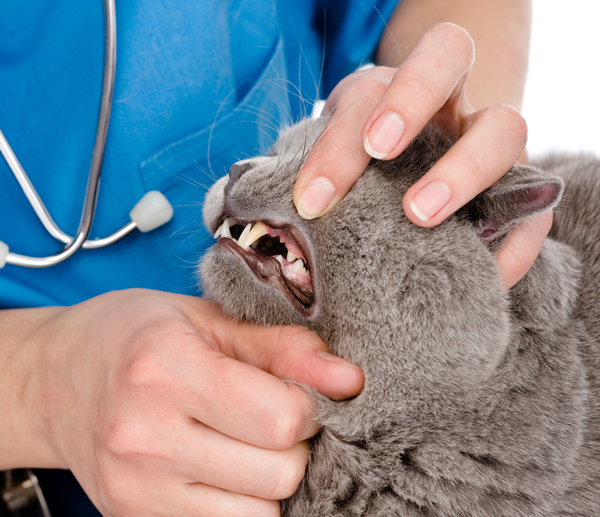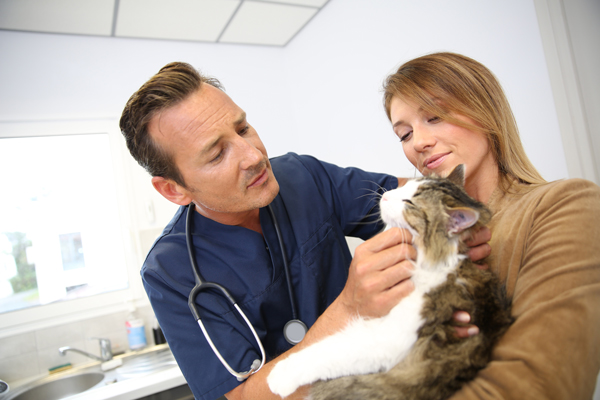Take Your Cat to the Vet Day
August 22 is National Take Your Cat to the Vet Day. There is no comparable day for dogs, so why is this annual reminder necessary? The answer is simple: Even though there are more pet cats than dogs in America, owners take their cats to the veterinarian about half as often as they take their dogs.
There are many reasons people are reluctant to take their cats to the vet regularly. Cats are seen as low-maintenance compared to dogs, and while this might be true overall, when it comes to medical care it is simply not the case. A cat should see his veterinarian once a year whether he has any symptoms or not. This applies even if yours is a young, sprightly, indoor-only cat.
Another problem for many cat owners is cost. Veterinarian visits aren’t cheap, but spending the money for a checkup annually can catch problems early, when they are easier to treat, thus saving you money in the long run.
Many owners resist taking their cats to the vet because it is so stressful for the cat. Cats are notoriously nervous about vet visits. Since most cats only get in their carriers and take car rides on vet day, no wonder they run and hide at the first sight of the carrier. The solution is to create positive associations with the carrier. Leave it out on the floor with the door open in a room your cat frequents. Line it with a comfy blanket and occasionally put a few treats, toys or a sprinkling of catnip inside. Your cat will come to see it as just another piece of furniture, and might even take naps inside. You can also put him in the carrier and take him on short drives that don’t end up at the vet’s office.
Another good reason for yearly exams is so your vet can get to know your cat, which will make it easier for her to diagnose what’s wrong with him if he develops symptoms. Establishing a good relationship with a vet also makes it easier for you to trust her judgment in matters of treatment.

Once you’ve gotten your cat to the vet, a vet tech will first weigh him. Then comes the indignity of having his temperature taken with a rectal thermometer. The veterinarian will do a thorough check of your cat’s eyes, ears, nose, mouth and teeth, looking for inflammation, discharge and other problems. She will listen to your cat’s heart and lungs with a stethoscope. She will also examine his paws, genitals and anus, and comb through his fur looking for evidence of fleas. Next, she will gently examine your cat’s body, looking for bumps, swelling or other abnormalities. If this is your cat’s first visit to a particular vet, she might want to do blood work to establish baseline values to compare against later tests.
Talk to your vet about flea control, deworming and dental care. The handling of these issues will depend on your individual cat’s circumstances. Vaccinations are another topic to discuss with your vet. While rabies shots area regulated by law, most other vaccinations are given at the owner’s discretion. Some vaccinations are recommended to be given annually, but increasingly vets are waiting three years between shots. Work out a plan that both you and your vet can live with. Don’t hesitate to ask questions; your vet can also offer advice and guidance regarding diet, behavior problems or any other concerns you have.
As your cat ages into his senior years, he should visit the vet more often and be checked for arthritis, diabetes, kidney problems, thyroid issues, heart disease and other conditions common in older cats. If you’ve been assiduous about regular checkups with a trusted vet when your cat was young, you’ll be in good hands if you have to face a serious illness.
About the Author: Lisa King is a freelance writer living in Southern California. She is the former managing editor of Pet Product News International, Dogs USA, and Natural Dog magazines. Lisa is also the author of the well-received murder mystery novel “Death in a Wine Dark Sea” and the recently released “Vulture au Vin.”





